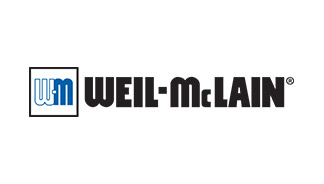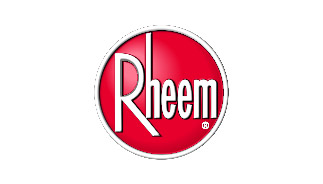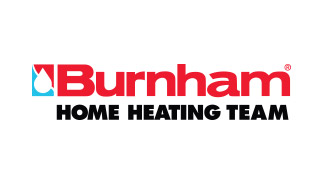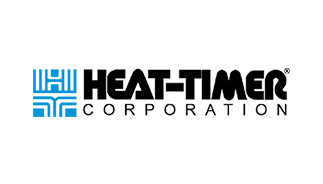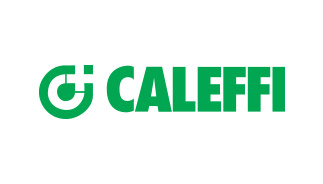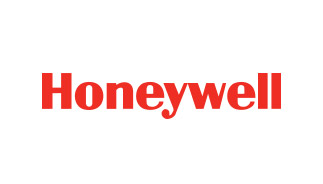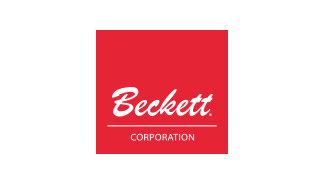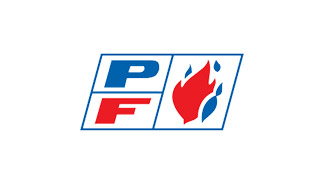Published on
December 11th, 2023The Impact of Freezing Weather on Your Building’s Boilers
Steam heat is integral to the heating season in New York City. Nearly 80% of apartment buildings in the city use steam boilers fired by natural gas or oil. Hot water boilers account for many of the remaining heating systems. These systems are capable, but they can face challenges that affect their efficacy in the winter months.
As a building owner, understanding threats to your boiler is crucial to keeping your property habitable and complaint-free. Discover your boiler’s winter vulnerabilities and how regular boiler maintenance can prevent future issues.
Boiler Maintenance To Prevent These 4 Winter Issues
1. Supply Line Freezing and LWCO Malfunctioning
The most significant concern for boilers in the winter is the potential freezing of supply lines, particularly feedwater pipes. If the feedwater lines freeze, they deprive the boiler of necessary water. Frozen pipes are also at risk of bursts or breaks, risking significant water damage throughout the boiler room and other connected spaces.
However, water damage and heat loss are not the only potential threats to your property and tenants. If your system experiences a simultaneous failure of the low water cut-off sensor, the boiler may continue to operate with an insufficient supply of water. In extreme cases, the boiler may run dry. This problem can cause an explosion if not corrected.
2. Return Line Freezing
Return lines face a greater threat of freezing than supply lines, especially in a property with zoned heating. If your property has a zoned temperature control system, you likely reduce temperature settings in vacant units and unused areas in the building.
Adjusting temperature settings is fine and recommended for reducing heat loss and waste. However, turning the temperature down too much or even shutting it off completely in areas is risky.
Key to proper boiler maintenance is ensuring the system operates in an ideal setting. Mechanical equipment operates best in predictable climates. While your boiler may be in a temperature-controlled room, all of its pipes and return lines may not be.
Some of the system return lines may run through an area of the property that is shut down. When a property owner turns off thermostats in a specific area with a steam or hot water system, they may trap water in the return.
The trapped water does not return to the boiler for re-heating, consequently increasing the likelihood of freezing, especially for non-insulated pipes. Even if the water doesn’t freeze, which can have dire effects, putting it back into service by re-engaging the thermostats can still be problematic.
The secluded water temperature drops well below the ambient levels of the system. The rapid temperature drop when cold water touches hot boiler metal can cause contraction. Also, rapid cooling can cause boiler failure and safety risks.
Never shut down entire heating zones without consulting a licensed boiler technician. Reduce heat loss and waste by lowering temperature settings in unused areas but not shutting off the heat.
3. Inadequate Combustion Air
Boiler maintenance helps ensure that all essential components, such as the fresh air intakes, remain clear and operational. Boiler combustion requires oxygen, which can only come from the outside atmosphere when vents aren’t obstructed.
The size or volume of the combustion air system depends on the combined capacity of all fuel-burning equipment in the boiler room. Typically, a boiler requires at least two air supply openings in the outer walls.
In the winter, these openings can allow cold air into the boiler room, making the area unpleasant to work in. Some people may combat the cold by restricting airflow through the openings, covering them with cardboard or plastic.
Without adequate outside air, though, the burner must draw oxygen from the air in the boiler room, causing several potential issues. First, the boiler will continue to take oxygen from the room until little or none exists, raising concerns of asphyxiation or death for boiler room operators.
Second, the atmospheric pressure will fall in the boiler room, causing draft problems in the chimney vent. The atmospheric pressure at the top of the boiler chimney should always remain lower than the boiler room to draw fumes and gases out. If pressure drops too much in the boiler room, it causes pressure shifts in the chimney that mean furnace emissions may not vent as intended, allowing gases like carbon monoxide to build in the room.
Lower atmospheric pressure in the boiler room can also increase the risk of an explosion. Calray Boilers can perform boiler maintenance and inspections to ensure all vents and systems work as designed, reducing concerns of property damage or personal injuries. In addition, as a property owner, consider discussing the importance of boiler ventilation and air supply with staff.
4. Leaks
Boiler leaks are not only a winter problem; they occur all year round and can cause significant trouble and damage. Steam and hot water boilers have cyclical operations: The boiler heats and pushes the water or steam through the system; then, as the steam condenses or the water cools, it returns to the boiler for reheating.
If there is a leak or multiple leaks in your boiler’s system, it loses steam vapor or water, resulting in heat loss and energy waste. To compensate for the loss, the boiler needs to add more water to the system. The additional water is likely colder, requiring additional heating and increasing fuel consumption.
Depending on the quality of the makeup or feeder water, it may contain impurities like calcium and magnesium carbonate salts. The additional minerals can contribute to scale deposits in the system and affect the boiler’s efficiency.
Scale can cause metal temperatures to increase because it obstructs the cooling effect of boiler water. If left unchecked, scale deposits and boiler leaks can have catastrophic consequences.
Professional Boiler Maintenance and Inspections
Ensure Boiler Efficacy Through Annual Service Contracts
Steam and hot water systems are crucial to heating NYC apartments. During the winter months and beyond, these systems face a number of threats. An annual service contract with Calray Boilers can ensure that your boiler runs at its peak whenever it’s needed by keeping up with boiler maintenance. Call Calray Boilers at 212-722-5506 to learn more and schedule an initial inspection.
